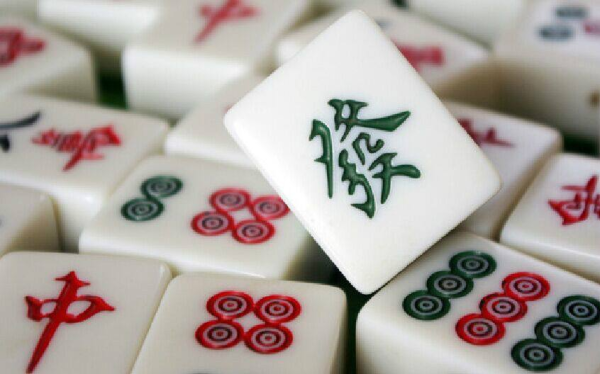本文目录导读:

,这项起源于古老的桌游,不仅是智力的较量,更是心理的博弈,在桌前,玩家们摩拳擦掌,期待着通过策略和运气的结合,揭开胜负的谜题,中的吉凶,看似简单,实则蕴含着深奥的心理学原理和策略考量。
胜负的多维考量
胜负的判定,不仅仅取决于牌力的强弱,更受牌局布局的影响。 skilled players often yze the distribution of tiles and foresee potential outcomes, making calculated decisions to either strengthen their hand or disrupt opponents' strategies.
牌力分析是策略的核心,通过计算手牌和牌池中的剩余牌数,玩家可以预判对手可能持有的牌型,从而制定针对性的应对策略,这种能力,往往决定了的胜负。
布局策略同样重要。 players often employ techniques like "shu" (叠牌) and "tanri" (连牌) to either enhance their own hand or weaken the opponent's. These strategies rely on a deep understanding of the game's dynamics.
心理因素在中的作用
胜负的,离不开玩家的心理素质。 players must remain calm under pressure, avoid emotional decisions, and maintain a clear head during the game. 这种心理平衡,是取得胜利的关键。
决策过程中的心理博弈更是不可忽视。 players often weigh the potential outcomes of each move, considering both immediate and long-term consequences. 这种心理计算,体现了的复杂性和性。
心理暗示和策略技巧的运用,往往能左右的进程。 skilled players use psychological tactics to either boost their own performance or disrupt opponents' strategies. 这种策略的高明,往往决定了的胜负。
中的吉凶启示
为我们提供了一个观察人性和心理活动的绝佳视角,通过研究胜负的规律,我们可以更好地理解人类心理的复杂性。
在中,胜负往往取决于多种因素的作用,这种多维度的互动,反映了现实生活中人之间的复杂关。
的策略性和心理性,为我们提供了一种有效的心理调节方式,通过模拟,人们可以锻炼自己的心理素质,增强决策能力。
,这项看似简单的智力,实则蕴含着丰富的哲学和心理学内涵,它不仅是一种方式,更是一面观察人性的镜子,通过研究胜负的规律,我们能够更好地理解人类心理的复杂性,从而在现实生活中做出更明智的决策。





